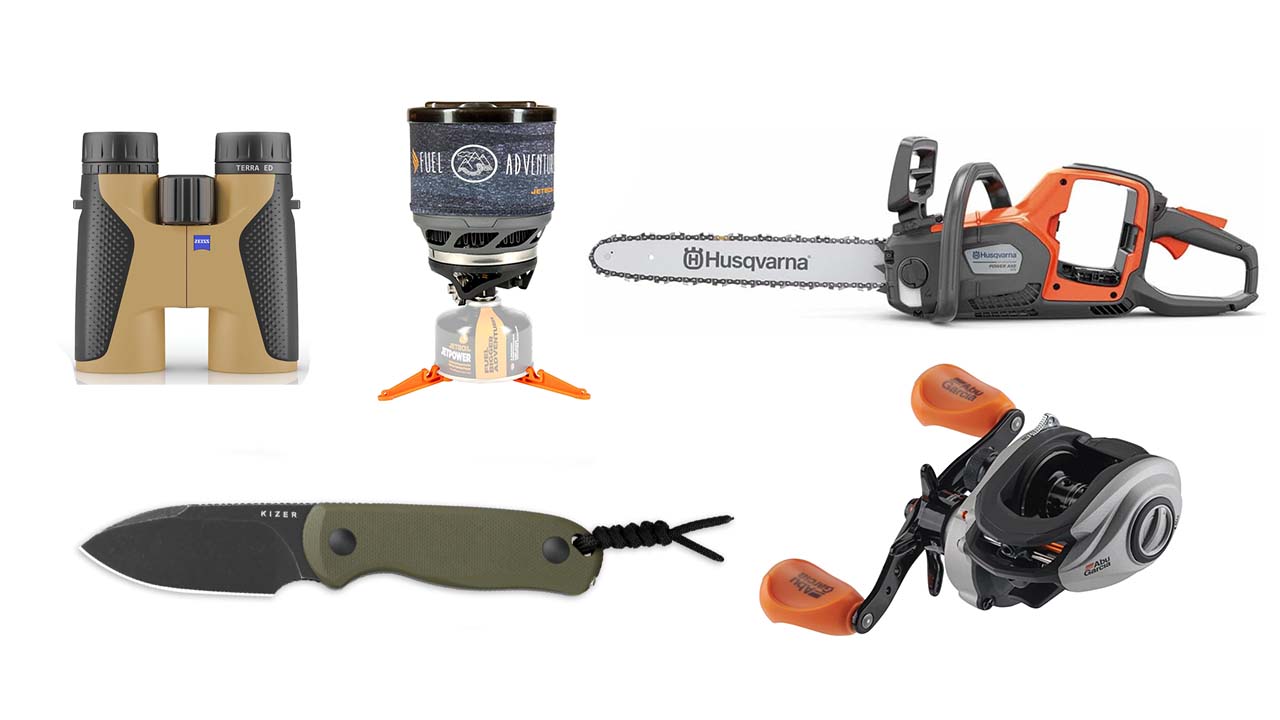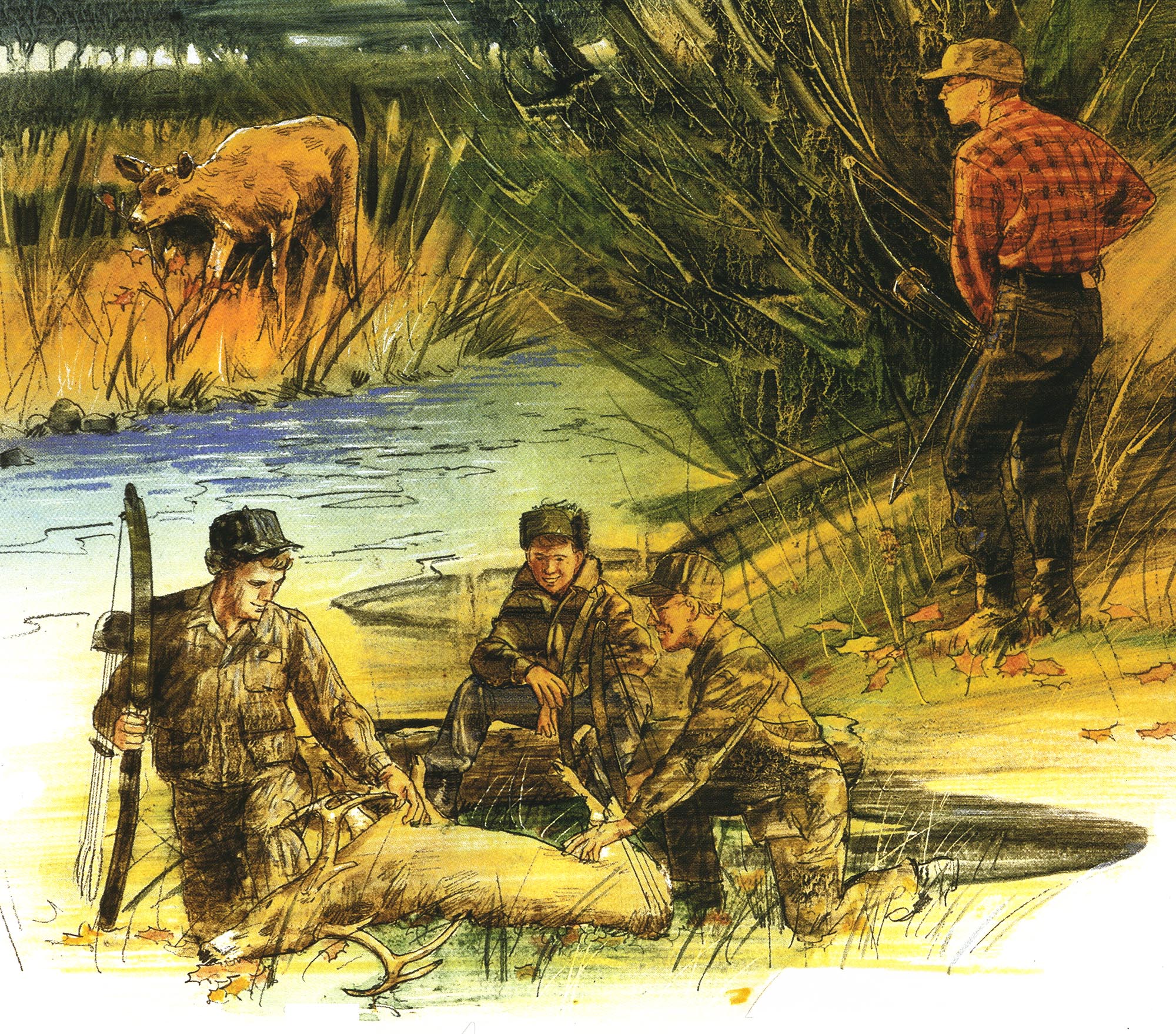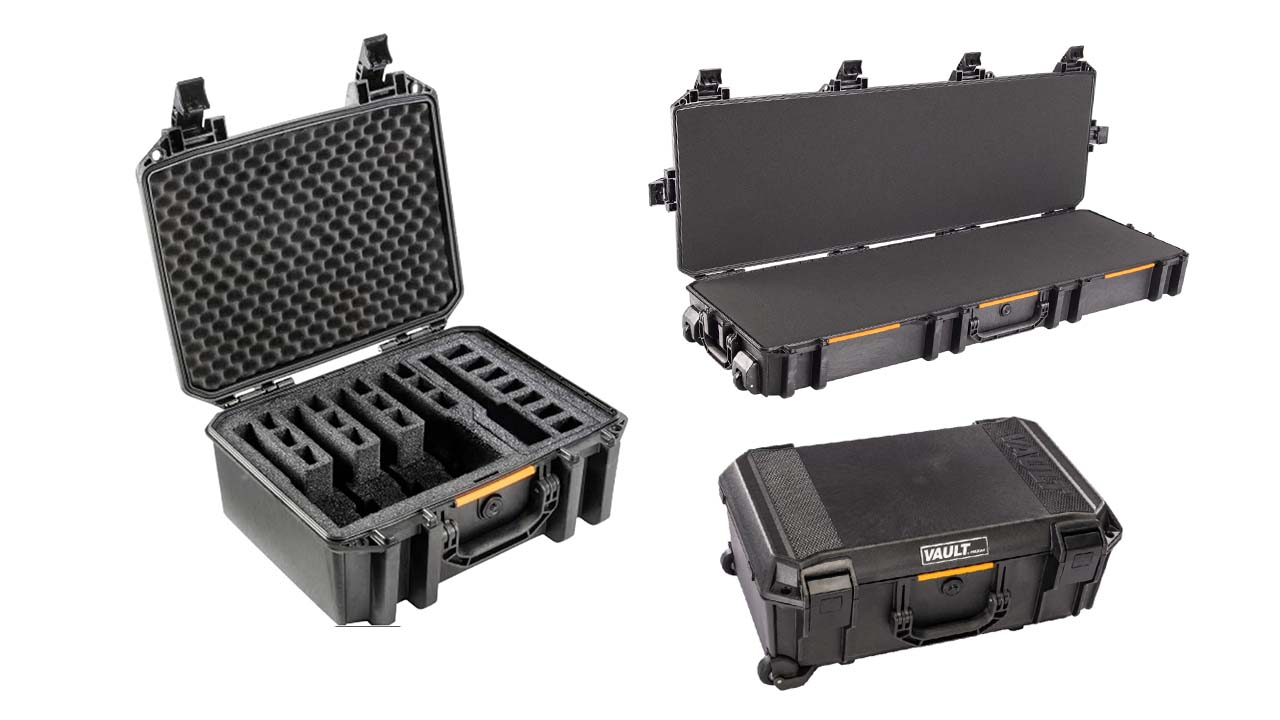Understanding SHTF? A Guide for People Who Want to Feel Prepared

Podcast: Play in new window | Download
Life can throw some curveballs, and as responsible people, we always try to stay one step ahead. But what happens when something truly unexpected occurs? While the chances of finding ourselves in a warzone like Bosnia are slim, hearing stories from people who’ve lived through such intense situations can remind us of the importance of being prepared—even if it’s for something much less severe.
Quick Look at What You’ll Learn
A Real Story from Bosnia
Imagine living your everyday life when, suddenly, everything changes. That’s what happened to many families during the war in Bosnia. One survivor’s story from that time is especially powerful. They faced challenges that most of us can hardly imagine—food scarcity, constant danger, and the need to protect loved ones in dire circumstances.
While this situation is unlikely for most of us, it highlights the importance of having a plan and being prepared, even for less extreme scenarios. You might not face a warzone, but power outages, natural disasters, or even financial crises can disrupt your life in stressful and overwhelming ways. Being prepared helps you take control when life feels uncertain.
Why Prepare? Peace of Mind and Practicality
Preparing for unexpected events isn’t about expecting the worst. It’s about being ready so that if something does happen, you’re not scrambling to figure out what to do. Whether it’s a bad storm, a sudden illness, or just the everyday bumps in the road, having a plan can reduce anxiety and help you respond calmly.
Take, for instance, a power outage. It’s not the end of the world, but it can be a huge inconvenience, especially if caught off guard. By having flashlights, batteries, and a basic emergency kit ready, you turn a stressful situation into something manageable.
Small Steps, Big Difference
You don’t need to prepare for the apocalypse to be ready for life’s surprises. Start small and build up your preparedness over time. Focus on what’s most relevant to your daily life. Maybe it’s keeping a first aid kit handy, making sure you have some extra groceries in the pantry, or setting aside a little emergency fund.
Think of preparedness as packing for a trip. You wouldn’t take everything you own, but you’d make sure to bring the essentials. It’s the same with being ready for unexpected events—you don’t need to be a survivalist, just someone who’s covered it.
Involving the Family
Talking about preparedness with your family doesn’t have to be scary. It can be empowering. By involving your kids in simple activities like creating an emergency plan or putting together a go-bag, you teach them responsibility and stay calm under pressure.
Plus, it can be a fun family project. Maybe you take a weekend to practice what you’d do if the power went out or where you’d meet up if you got separated. These conversations and activities help everyone feel more secure.
Preparedness is Empowerment
At the end of the day, preparing isn’t about living in fear; it’s about feeling confident and in control. Life is unpredictable, but that doesn’t mean you must constantly worry. By taking small steps now, you’re giving yourself the peace of mind that you and your loved ones are ready for whatever comes your way.
So, start today—whether it’s stocking up on some extra groceries or simply making a family emergency plan. Every little bit helps, and knowing you’re prepared will let you focus on enjoying life, not stressing about the “what ifs.”
Additional Resources
Stay safe,

Read the full article here









